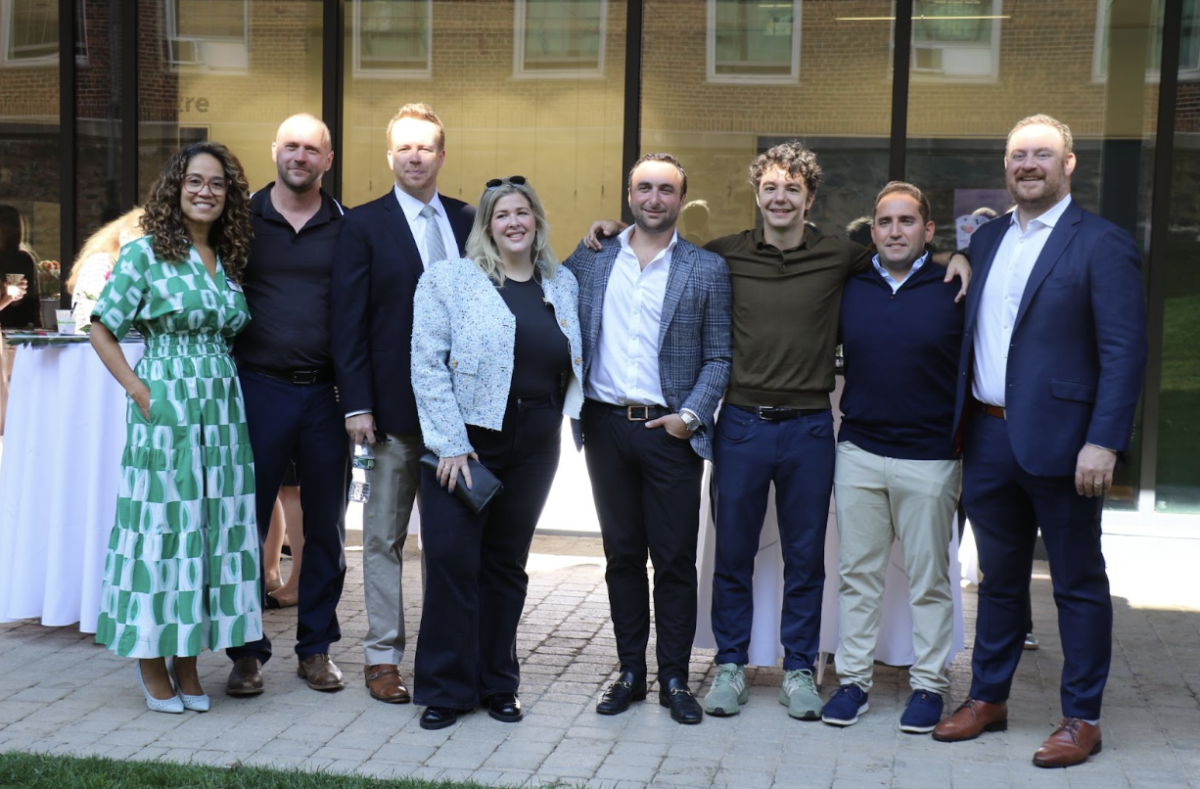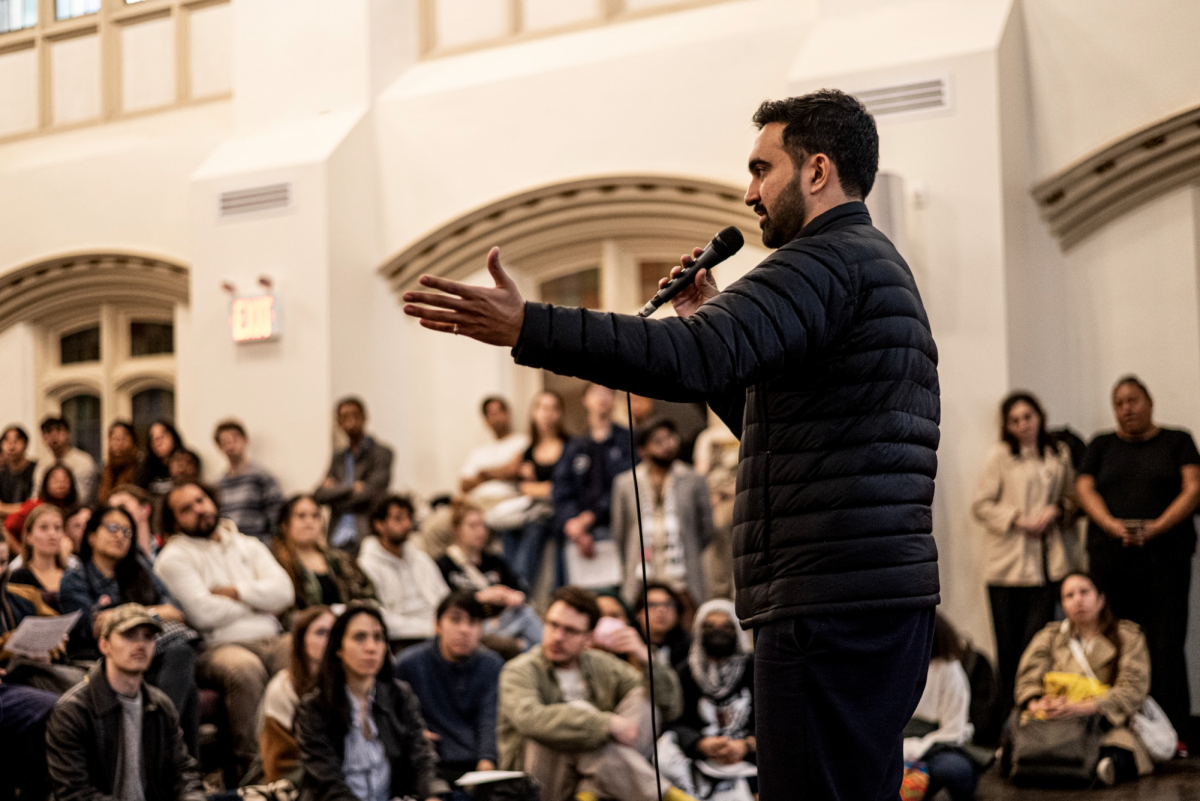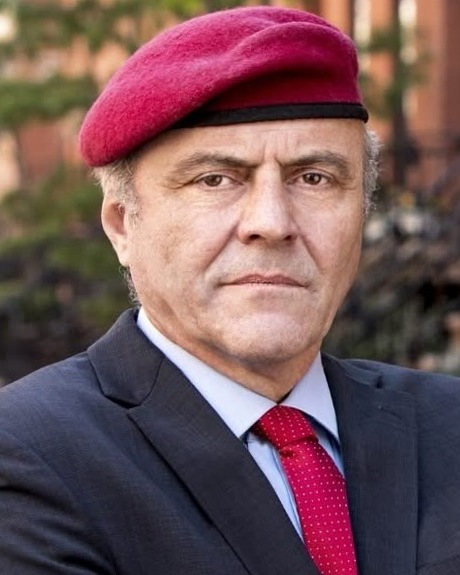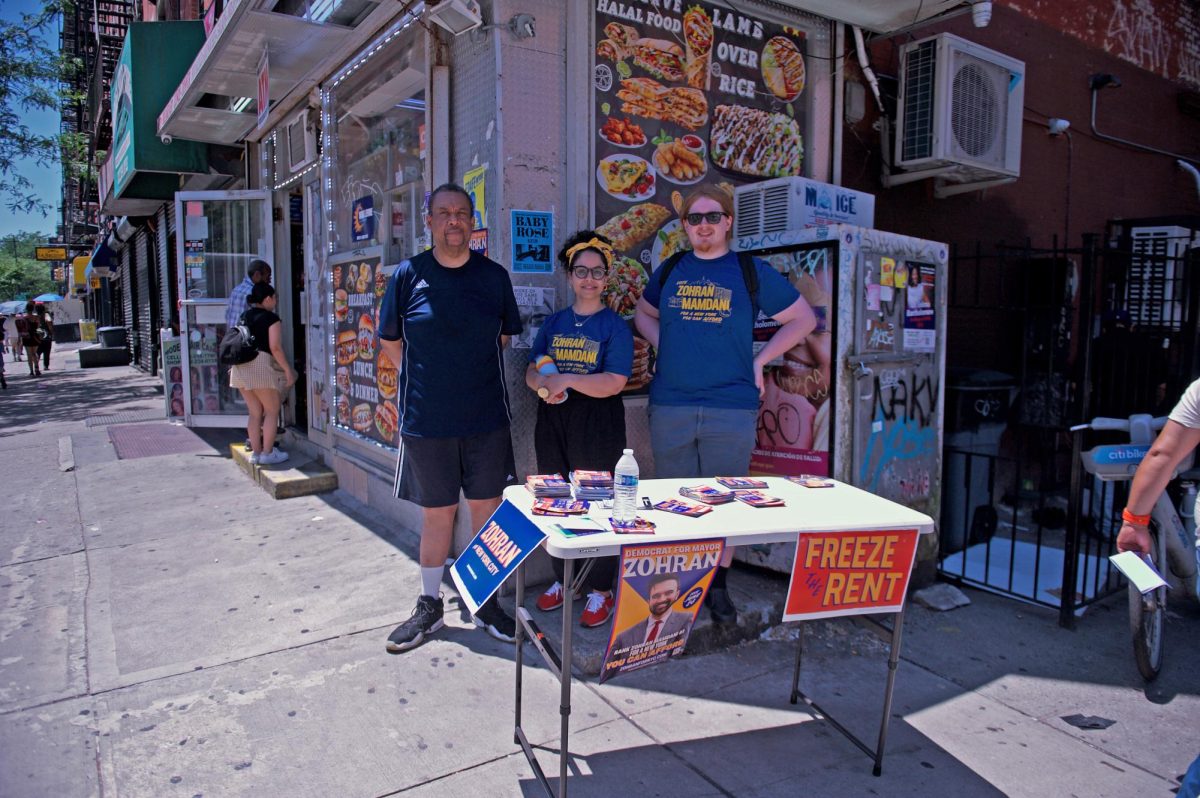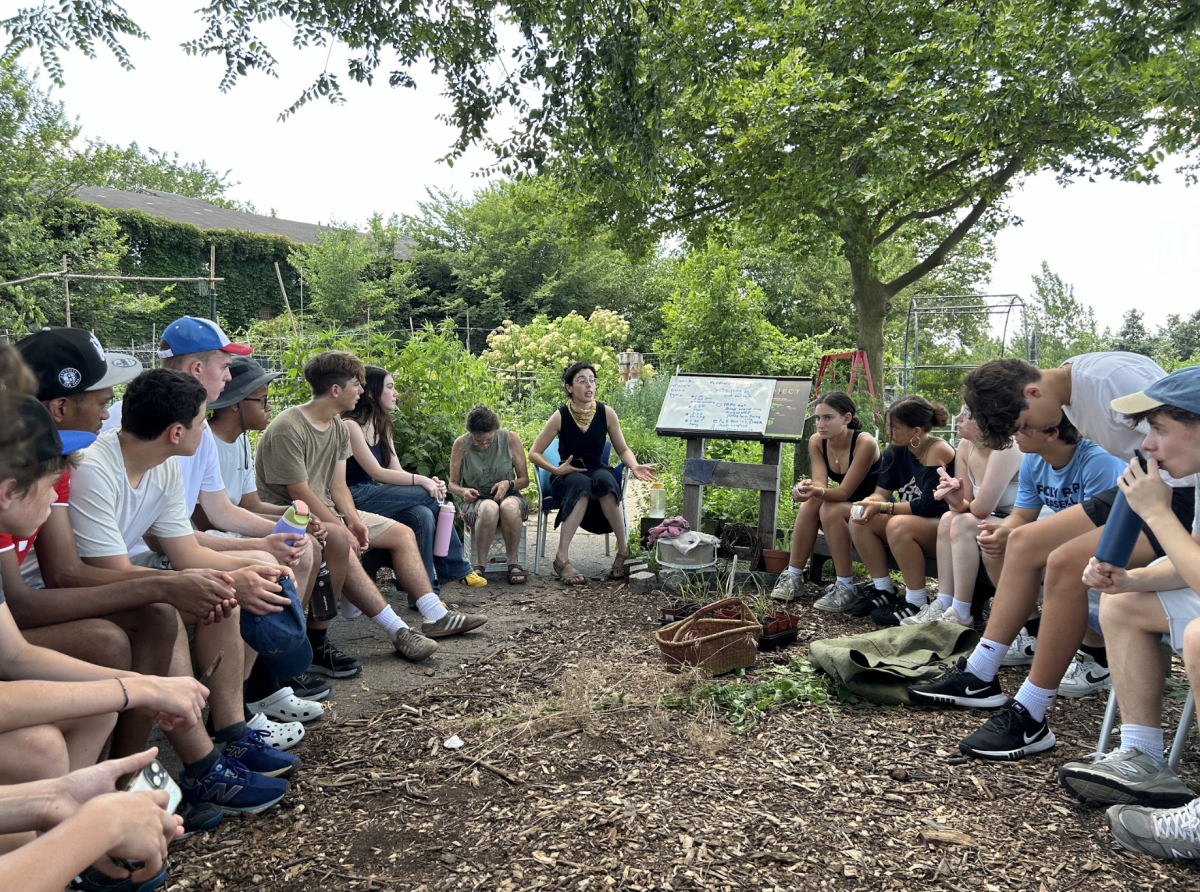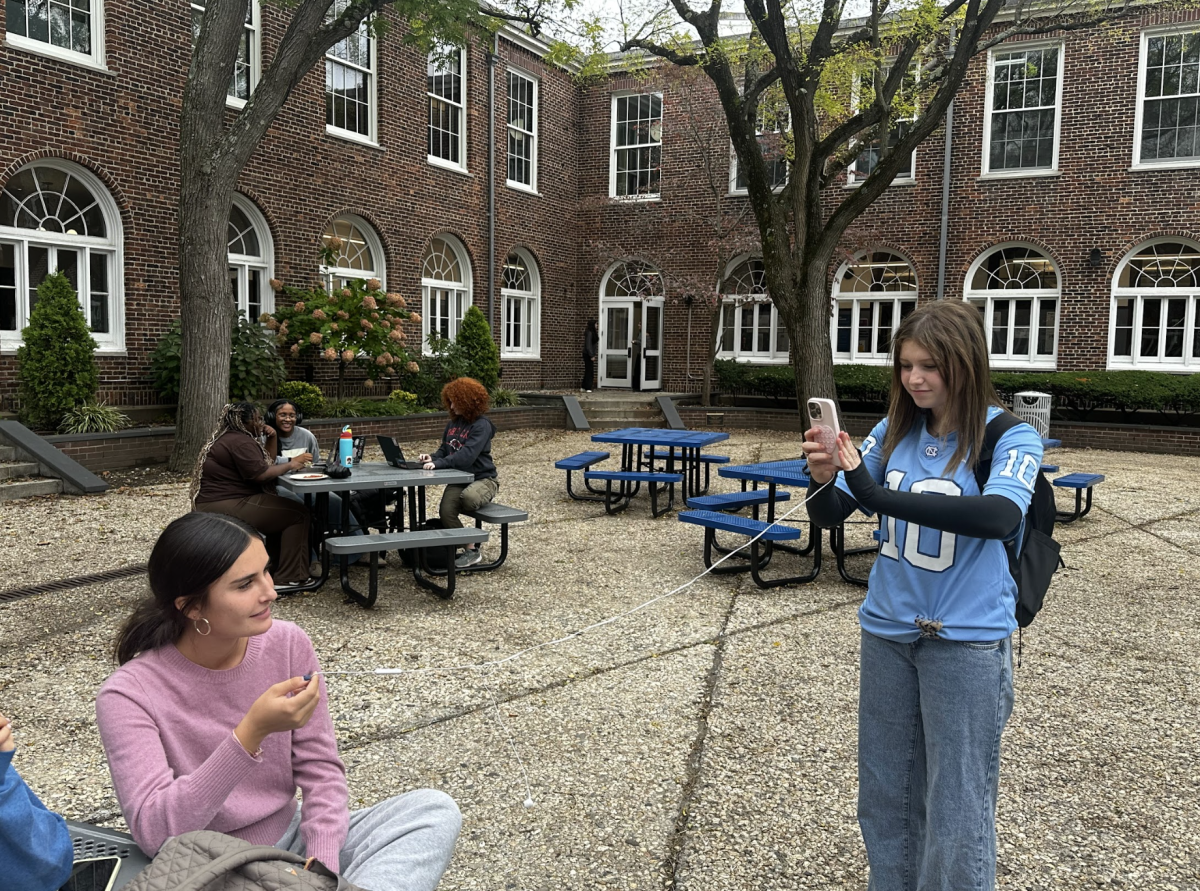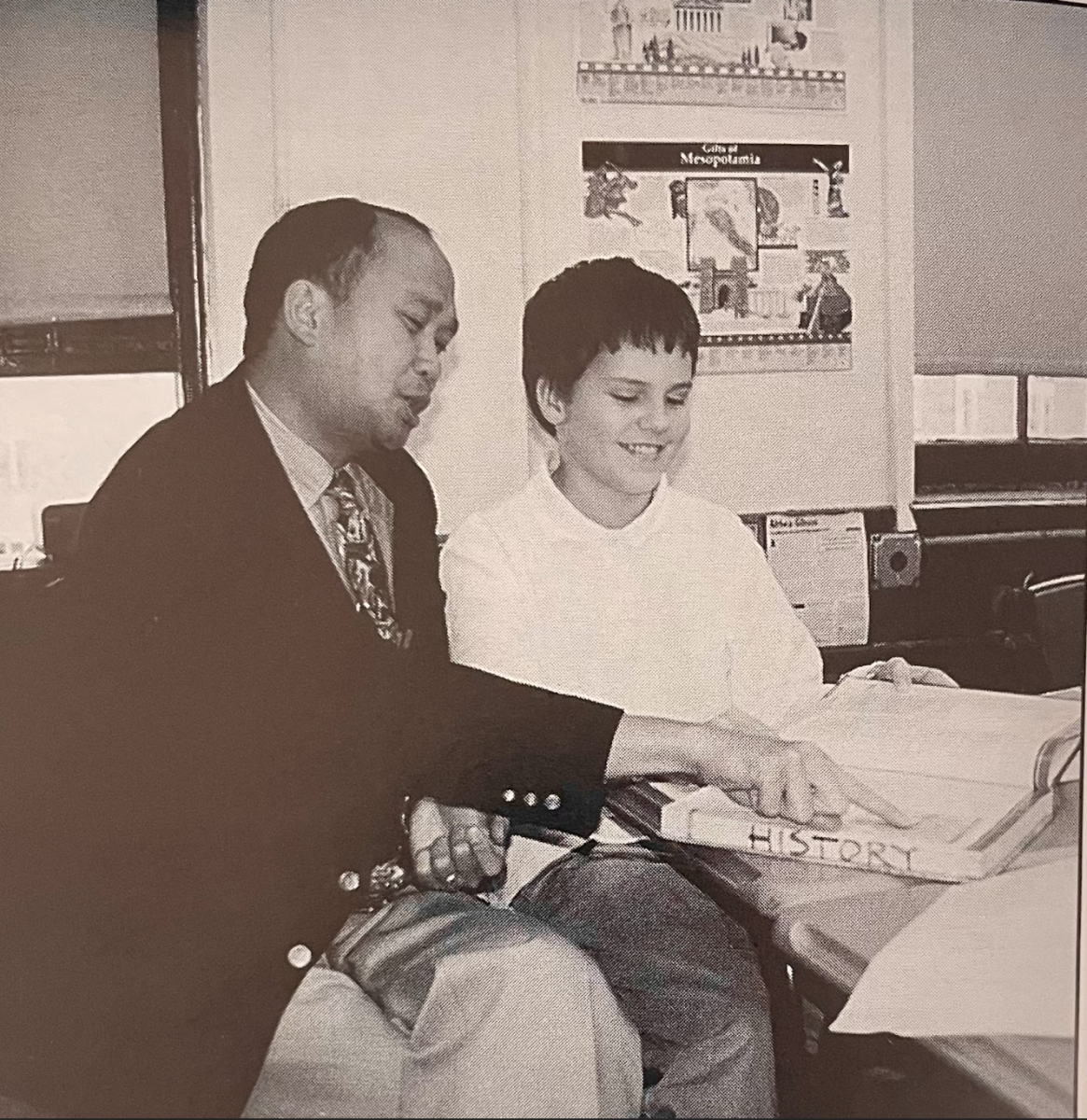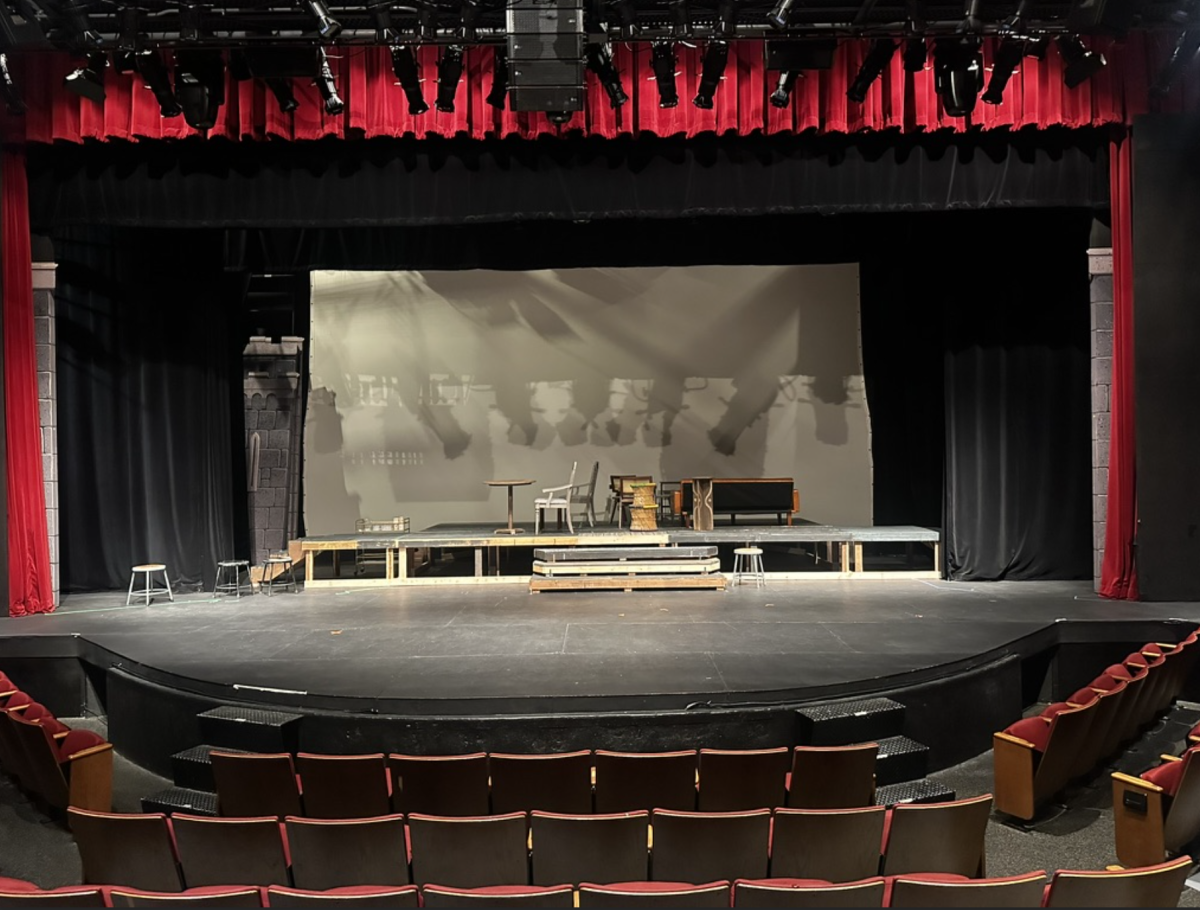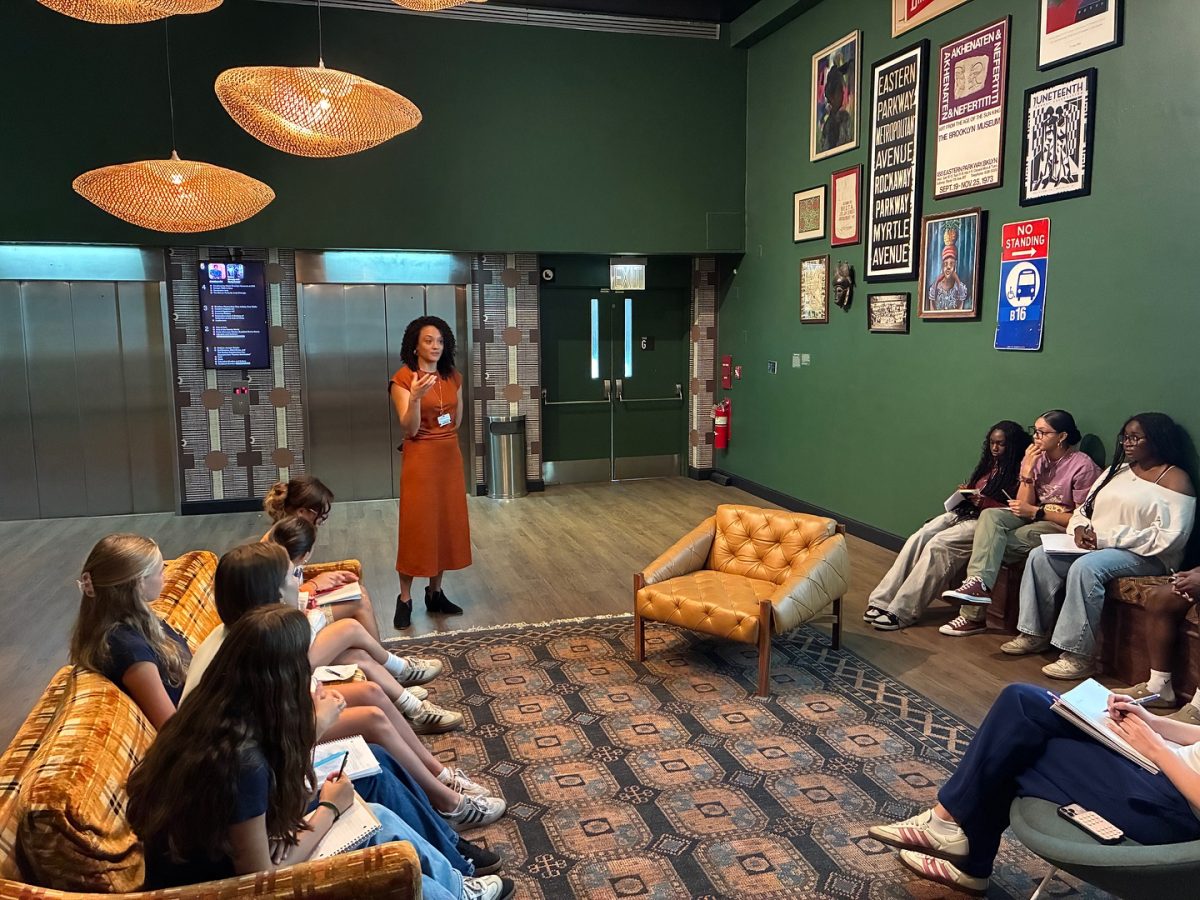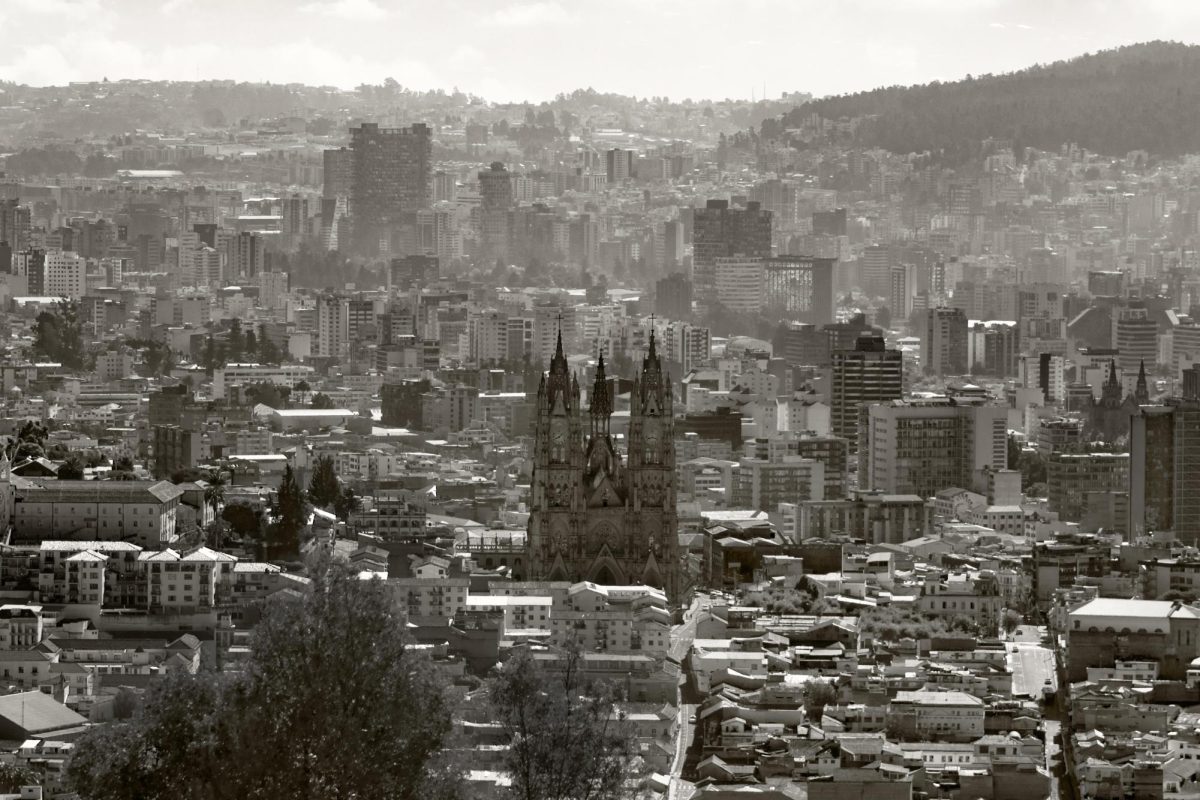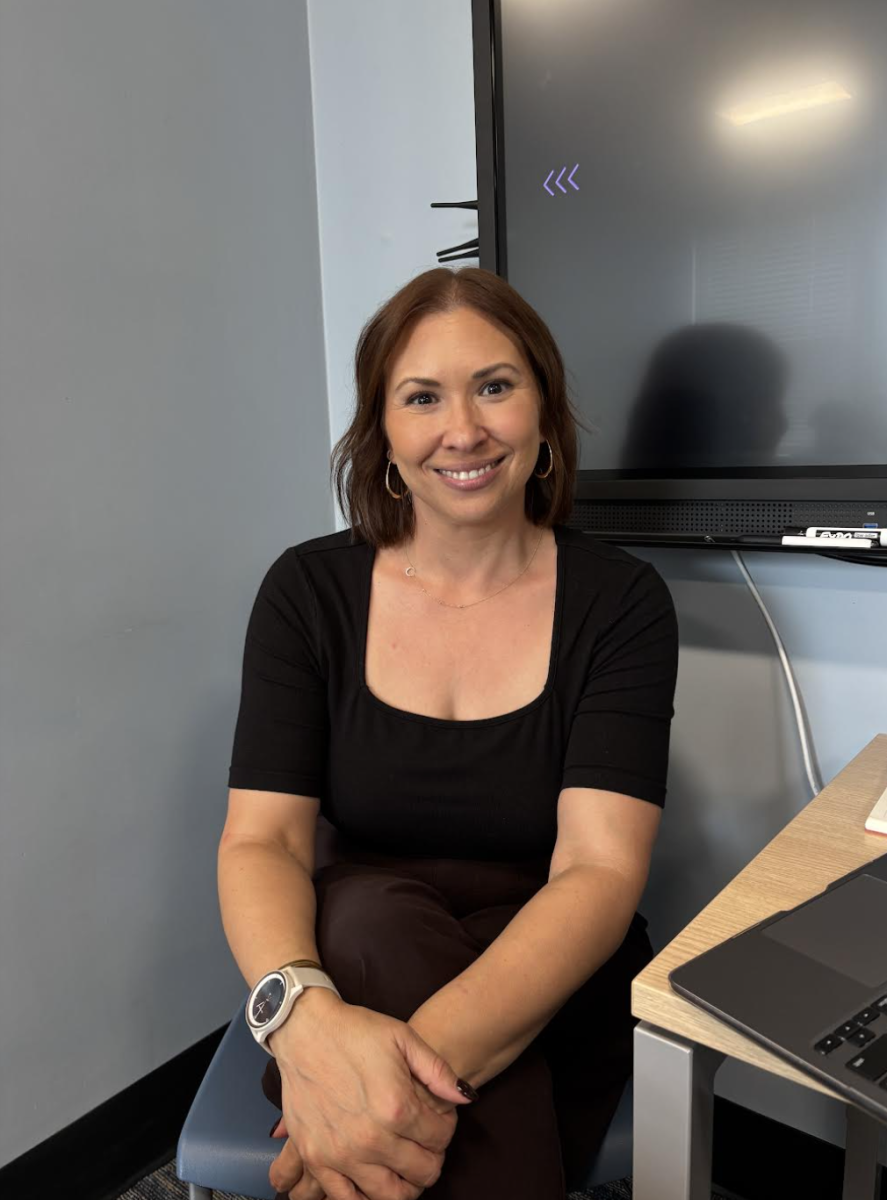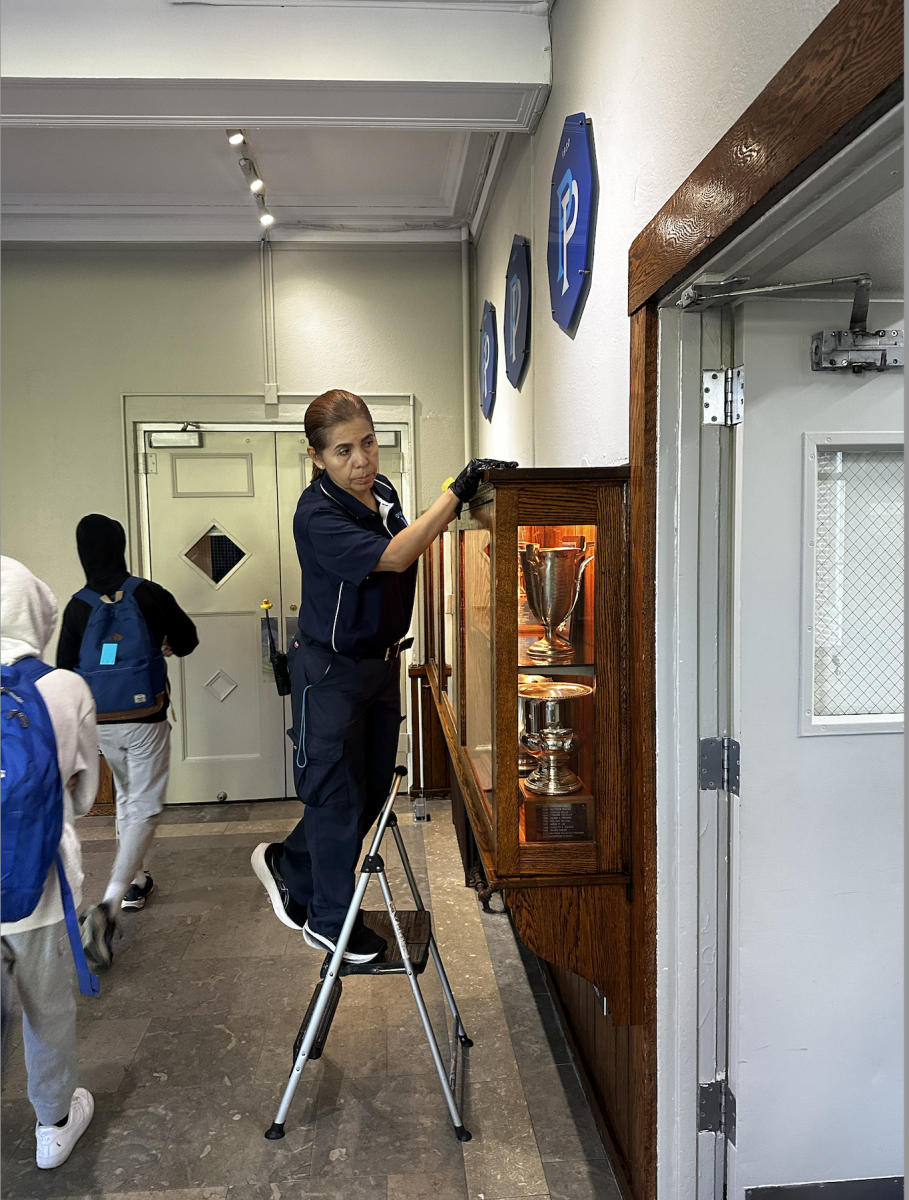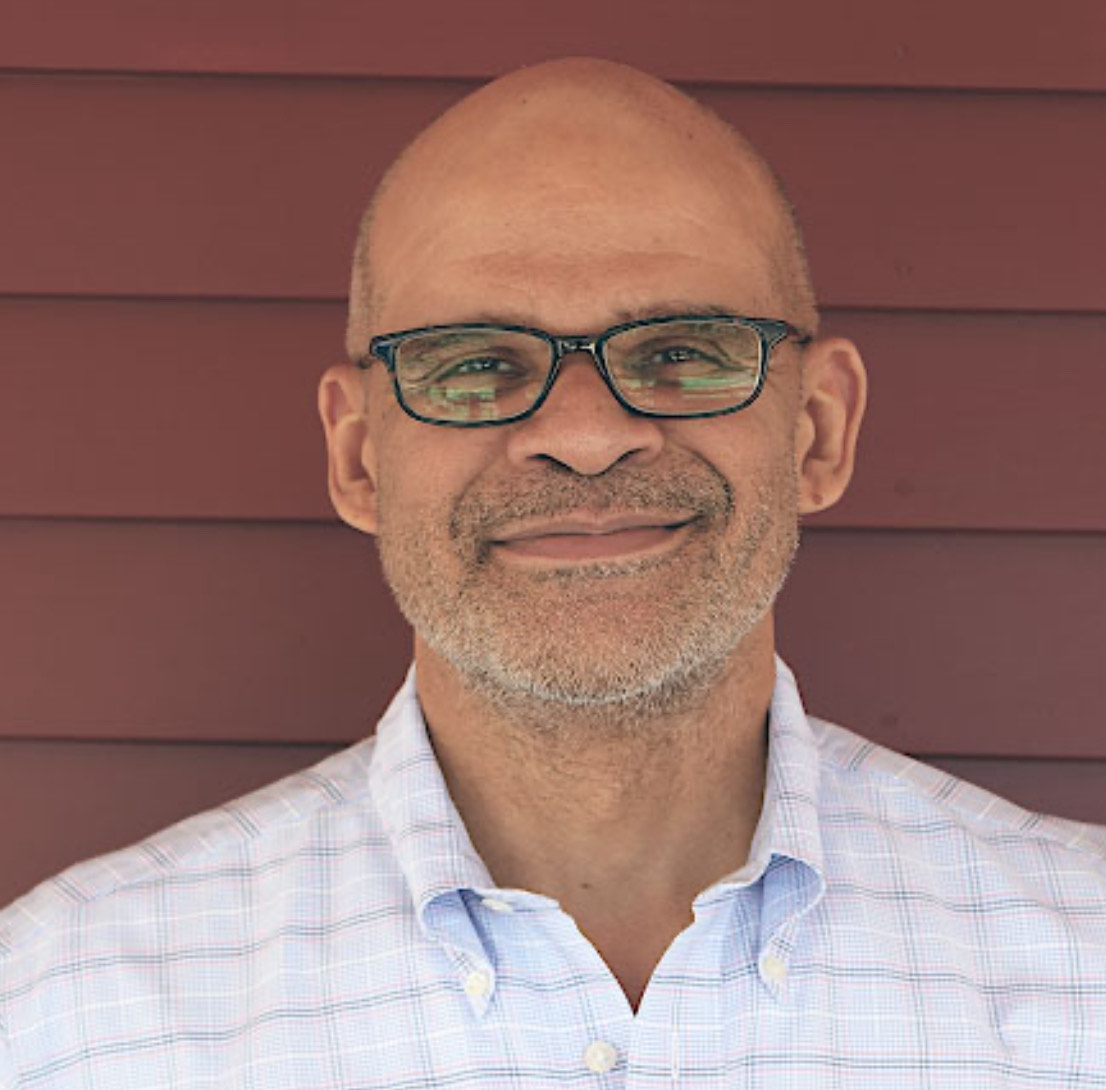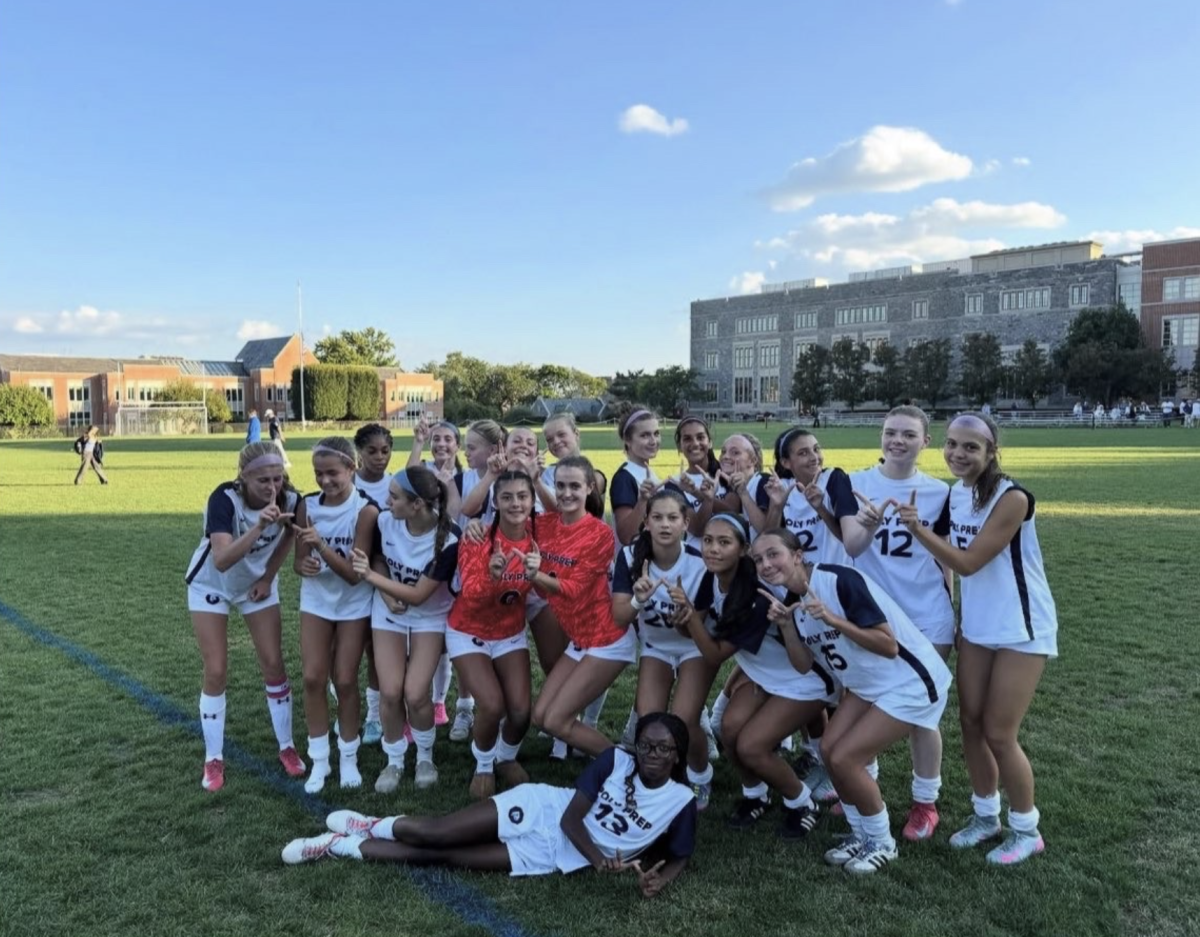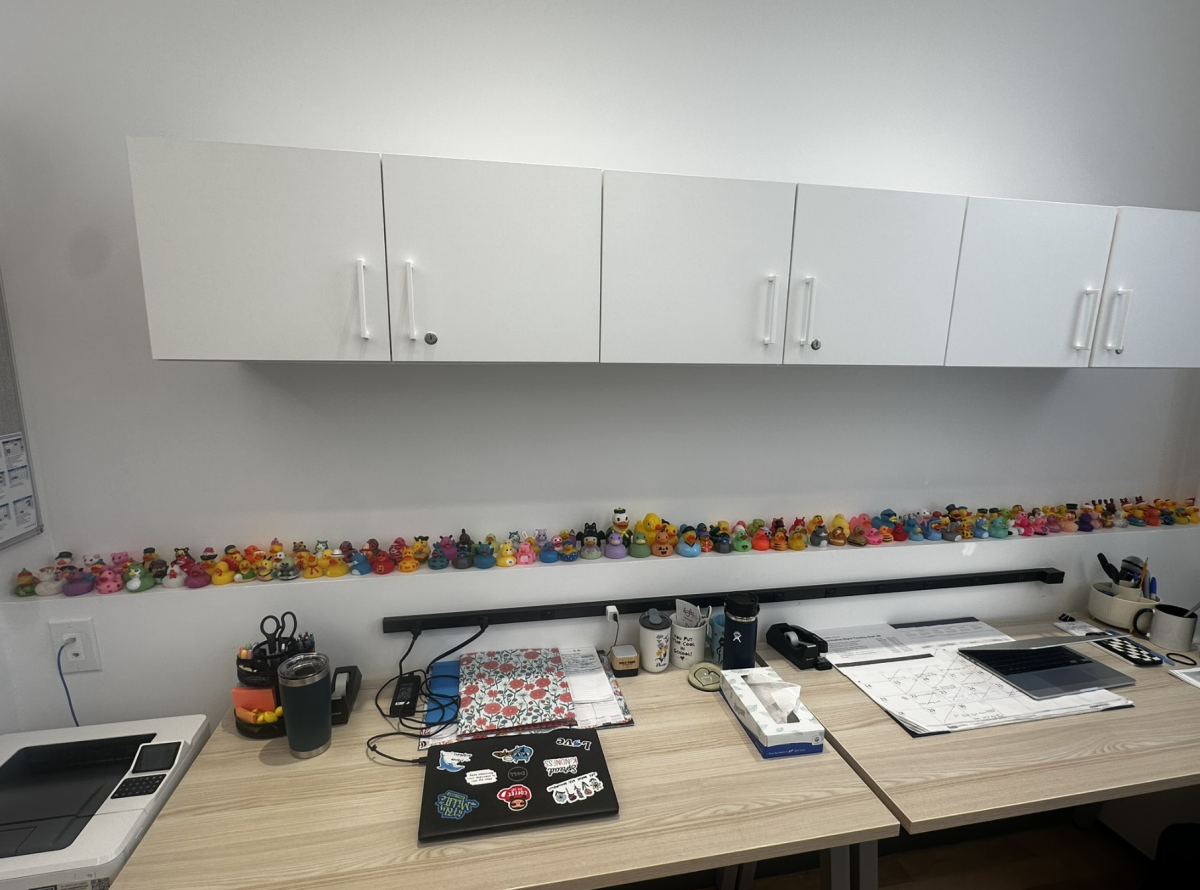Each year on September 11, the Poly prep community gathers in the chapel to honor the lives lost in the 2001 events, when hijacked planes struck the twin towers, and to reflect on the day’s lasting impact. This year’s assembly featured alumnus John Kefer ‘05, who shared his memories of that day and the importance of unity, service, and remembrance.
Honoring Memory and Building Connection
For Kefer, speaking at this year’s 9/11 assembly was about more than remembrance; it was about responsibility. “You have a responsibility to those who passed away, and to their families, to explain [9/11] and keep their memories alive,” he said.
As a Poly student on 9/11, he emphasized the importance of carrying forward the spirit of compassion and service that emerged after the attacks. He continues to participate in the Tunnel to Towers 5K and attends Poly’s remembrance service at the Memorial Garden each year.
Returning to The Chapel
Kefer recalled how, in the days following 9/11, the chapel became a gathering place for the community to process and grieve together. “On 9/11, it was where everyone was supposed to gather, and then where we gathered a couple of days later to digest and figure out what was happening and how the school was responding.” The experience, he added, created lasting bonds. “There were a few other alumni who were in the first row… we were all together for this first 24-48 hours,” he said. “To be with your fellow Poly students and to go through that together definitely united us forever.”
Coming back to the chapel, Kefer said, was deeply personal. “I hadn’t been in a real chapel in 20 years,” he said. However, he explained, “I didn’t think of myself as an alumni speaker. I thought of myself as part of the Poly family.” He described feeling the weight of the building’s history, a space that has long served as a site of reflection and memorial. “It’s probably the only location in the school that holds that extra gravitas. It is a place where everyone gathers for serious moments.”
Title, Elijah Sivin, who was new to Poly in 2001, reflected on why spaces like the chapel remain vital for remembrance. “Historical memory is really important,” Sivin said. “Very often events in history are compressed into simplistic tokens… I would encourage people not to totally look away from some of the difficult things that happened in history, but to try to understand them.”
He noted that having a shared space like the chapel allows the community to process complex emotions together. “It was a really raw time,” he said. “But having this place to come to and know that others were processing emotions as well, I think in some ways served as a kind of community bond.”
In a follow-up email to students, Sivin shared links to organizations for students interested in learning more about 9/11 or getting involved in charities. He also recommended a segment from Ric Burns’ documentary The Center of the World: New York, encouraging students to reflect on how we carry lessons of resilience and empathy forward. Among the featured organizations was the Tunnel to Towers Foundation, mentioned by Kefer, which acknowledges first responders.
As Kefer reminded students, remembrance is not just about looking back; it’s about carrying forward. “I’m grateful for the opportunity to share and keep the Poly community strong and connected.”

